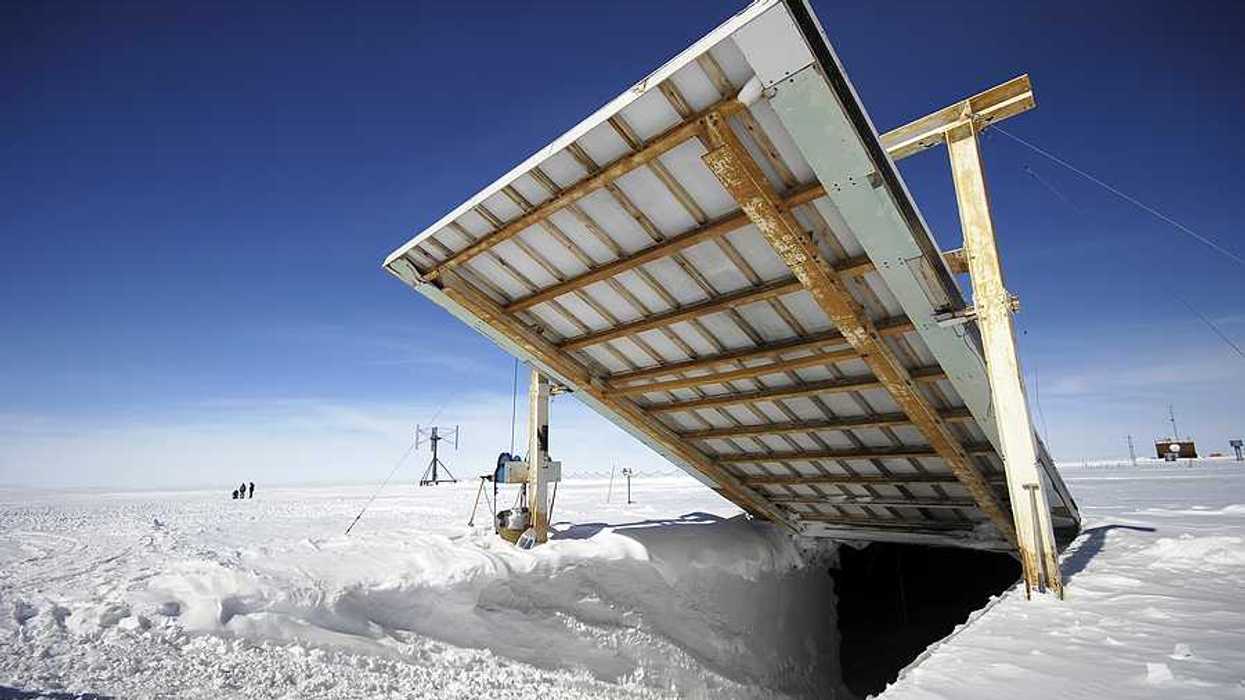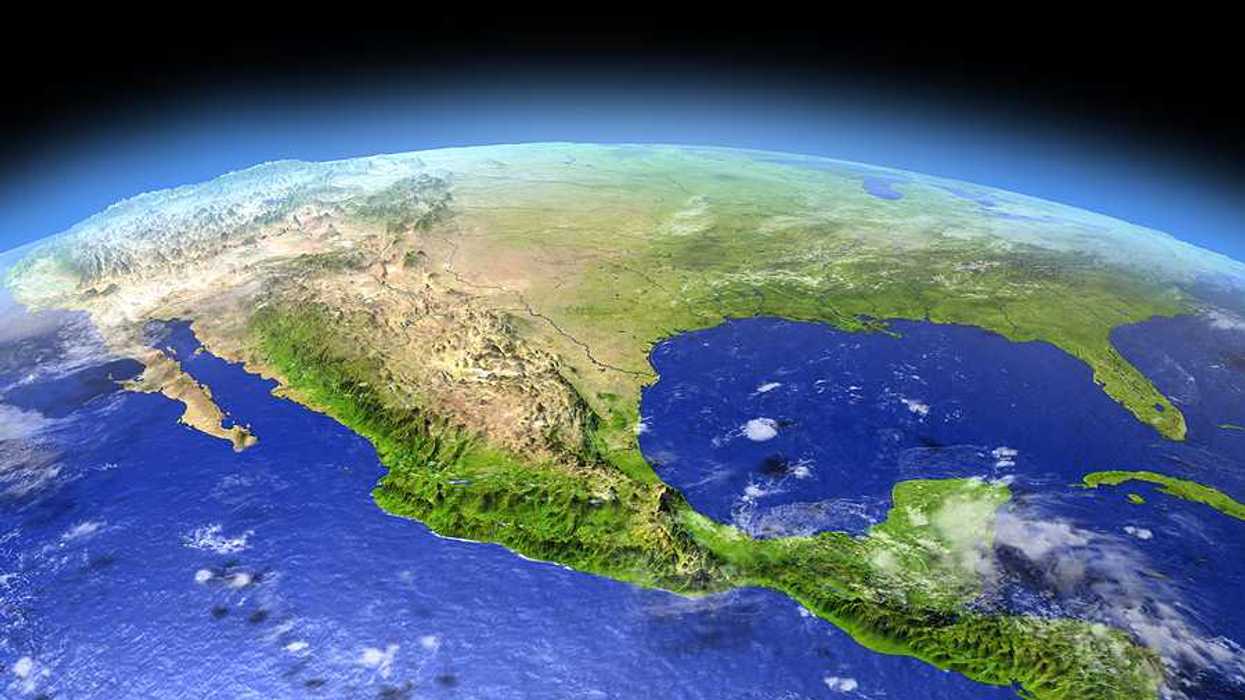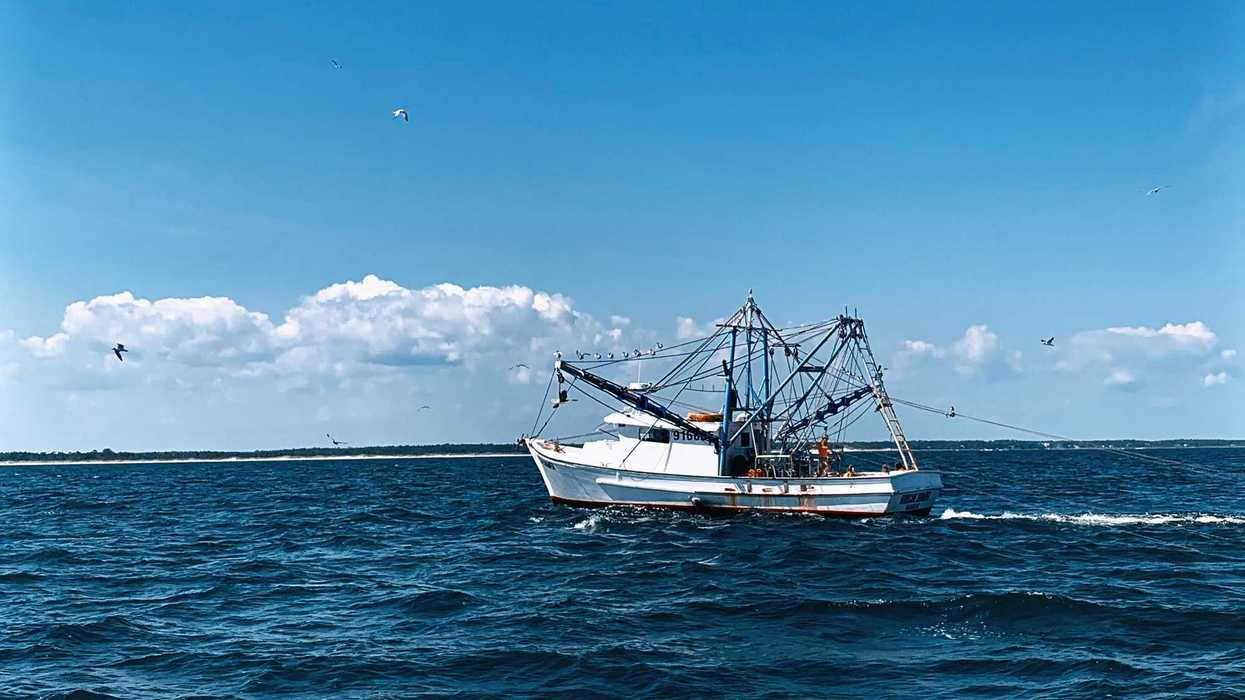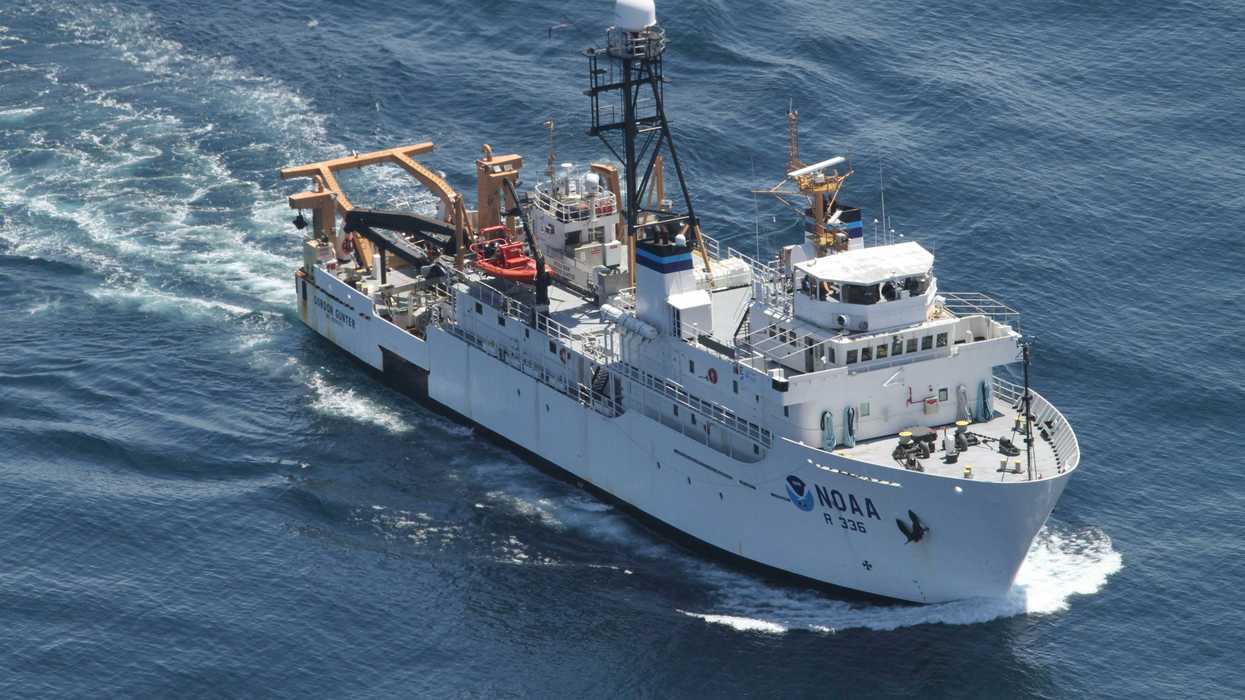After an attack by Houthi militants, a cargo ship carrying fertilizer sinks in the Red Sea, raising alarms over potential environmental damage.
Jennifer Hassan reports for The Washington Post.
In short:
- The sinking of the Rubymar introduces substantial environmental risks, including the potential disruption of marine ecosystems from the release of 21,000 metric tons of fertilizer.
- The incident underscores the vulnerability of international commerce and marine life to geopolitical conflicts, as commercial and naval vessels become targets.
- The event prompts calls for immediate international response efforts to mitigate the environmental threat and highlights the ongoing tension in the region.
Key quote:
"As well as any further leaks of fuel oil from the engines, the sinking of the vessel could further breach the hull, allowing water to contact with the thousands of tons of fertilizer, which could then be released into the Red Sea and disrupt the balance of the marine ecosystems, triggering cascading effects throughout the food web."
— Julien Jreissati, program director at Greenpeace Middle East and North Africa
Why this matters:
When fertilizers, often rich in nitrogen and phosphorus, enter waterways, they can fuel the rampant growth of algae in a process known as eutrophication. This algal bloom not only discolors the water, giving it a troubling green hue, but also depletes oxygen levels, creating "dead zones" where aquatic life struggles to survive.
Too much nitrogen killed off corals in the Keys, and, as reefs suffer around the world, this new research offers lessons learned in Florida that could save other nutrient-loaded corals.














